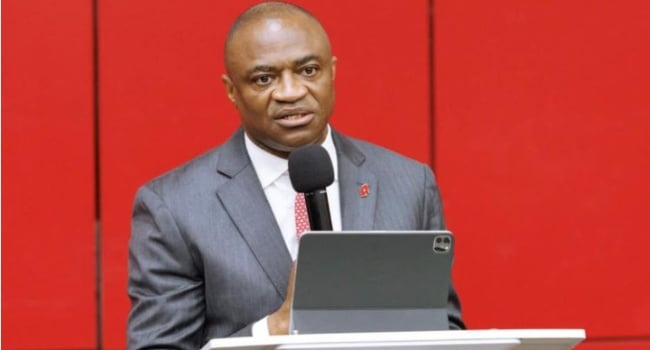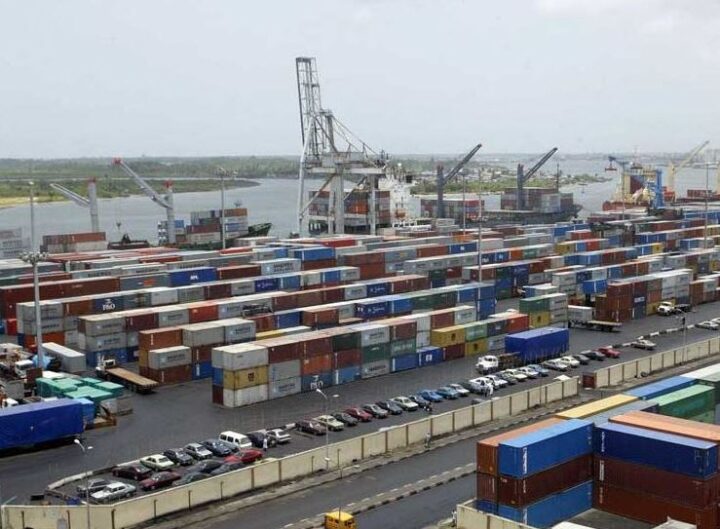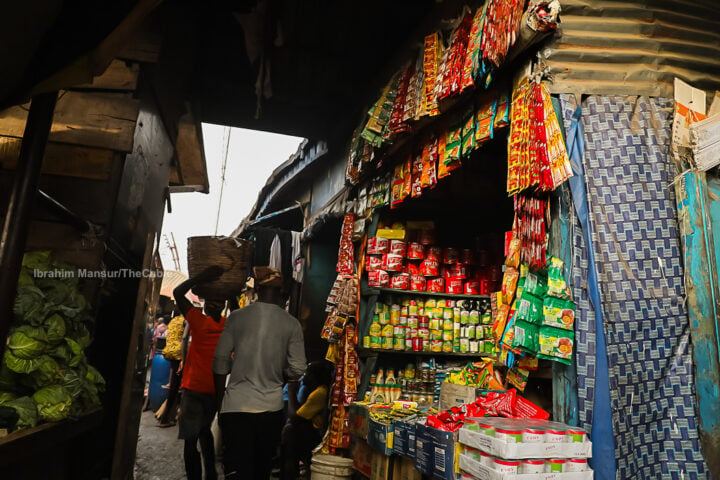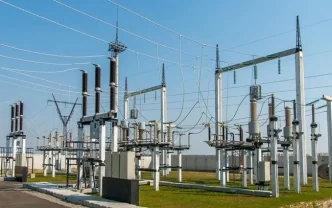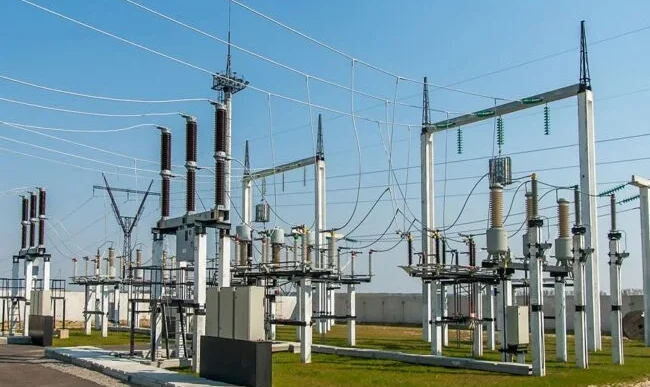Oliver Alawuba, group managing director (GMD) of the United Bank for Africa (UBA), says Nigeria must achieve double-digit gross domestic product (GDP) growth to meet its $1 trillion economy target by 2030.
Alawuba spoke on Monday at the 36th edition of the Finance Correspondents and Business Editors Seminar organised by the Central Bank of Nigeria (CBN) in Abuja.
The theme of the event is ‘Playing the Global Game: Banking Recapitalisation Towards a One-Trillion Dollar Economy’.
“We need to grow at double digits to get to one-trillion dollars in 2030. We need 10 percent growth — which is achievable,” Alawuba said.
Advertisement
The UBA boss stressed the need for strong institutional frameworks and government support to enable banks to invest in critical infrastructure that would unlock faster economic growth.
He said the Nigerian banking sector currently accounts for only 12 percent of the country’s GDP — compared to 70 to 100 percent in more advanced economies — revealing significant room for financial institutions to play a bigger role in development.
“The plan so far is highly beneficial for the economy. Strong banks require strong profits. Strong banks are crucial for building the strong economy we desire,” Alawuba said.
Advertisement
“It’s important that banks remain profitable so they can build a very robust reserve to support the economy and the banks themselves.”
He said the opportunities in Nigeria are immense, therefore, sustainability will not be a problem.
“This is because banks will now be able to raise, even with the capitalisation we have undertaken, sufficient capital to truly elevate this economy to the next level,” the GMD added.
Alawuba also raised concerns about the current 50 percent cash reserve ratio (CRR), describing it as a potential barrier to economic growth.
Advertisement
“A 50 percent CRR is not sustainable if we are going to talk about the growth of the economy,” he said.
“I am happy that inflation is responding to the actions of the CBN. So, as the inflation rate comes down, we expect the CRR to come down.”
The GMD also highlighted the need for greater financial inclusion, improved security, and investment in infrastructure — particularly roads, ports, and power — to drive long-term growth.
Alawuba called for tax incentives and a shift from a primary (resource-based) economy to a more diversified, industrialised model that can create jobs and boost productivity.
Advertisement
